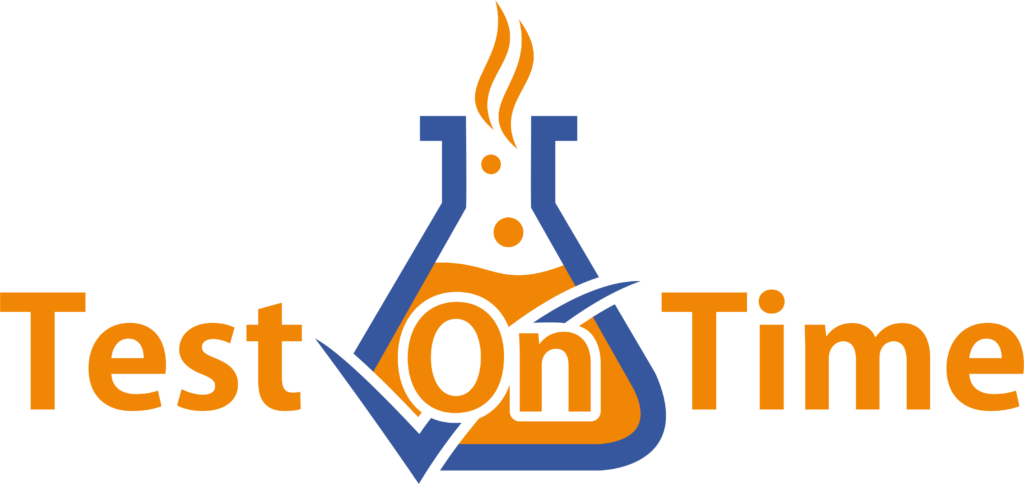
FAQ
1. What is drug testing?
Drug testing is the evaluation of a urine, blood or other type of biological sample to determine if the subject has been using the drug.
2. What is the detection window for a lab-based, urine drug test?
Urine drug testing detects recent drug use in the previous 24 to 72 hours. The length of time depends on the test used, the amount you take, if you have other medical conditions and your own metabolism.
3. What drugs are detected with a urine test?
Normaly drug tests are for the following drugs: amphetamines, barbiturates, benzodiazepines, cocaine, marijuana, MDMA (Ecstasy) and its metabolite, methadone, opiates, oxycodone, phencyclidine (PCP) and propoxyphene, synthetic cannabinoids (“K2/Spice”) and synthetic stimulants (“Bath Salts”). Depends on the industry and its requirements.
4. Can a urine drug test be beaten or adulterated?
Laboratory testing can help ensure the integrity of the test by measuring pH, creatinine and specific gravity (when indicated) and testing for adulterants that may be added to the urine specimen.
5. Difference between rapid drug test & Lab drug test?
Rapid drug testing products provide employers with nearly instantaneous results, lab-based test results provide empirical data to prove accuracy claims. Lab-based testing also provides additional security in knowing non-negative results are tested a second time to confirm the screening result. Lab-based testing is the only drug testing method permitted by the Substance Abuse, Mental Health Services Administration and the Department of Transportation.
6. FAQ about the reasons for drug & alcohol testing at work place?
Pre-employment drug testing is the most common type of drug testing performed. Pre-employment urine testing is mandated among federally-regulated employers who employ individuals in safety-sensitive positions including truck, bus and taxi drivers, airplane pilots and railroad employees.
Random drug & alcohol testing is a strong deterrent to drug users because it is conducted on an unannounced basis. Random urine testing is also mandated among federally-regulated employers who employ individuals in safety-sensitive positions including truck, bus and taxi drivers, airplane pilots and railroad employees.
Post-accident drug & alcohol tests are performed after an employee has been involved in a workplace accident. Testing is used to determine whether drugs were a factor in the incident.
Reasonable suspicion drug & alcohol testing are performed when supervisors have evidence or reasonable cause to suspect an employee of drug or alcohol use. Evidence is based upon direct observation, either by a supervisor or another employee. Specific reasons for reasonable suspicion testing include physical evidence of illicit substances, patterns of erratic or abnormal behavior, disorientation or confusion and an inability to complete routine tasks.
Return-to-duty drug & alcohol testing is for employees who have previously tested positive for illicit substances or violated a company’s drug and alcohol policy.
For More FAQ please visit our blog page HERE